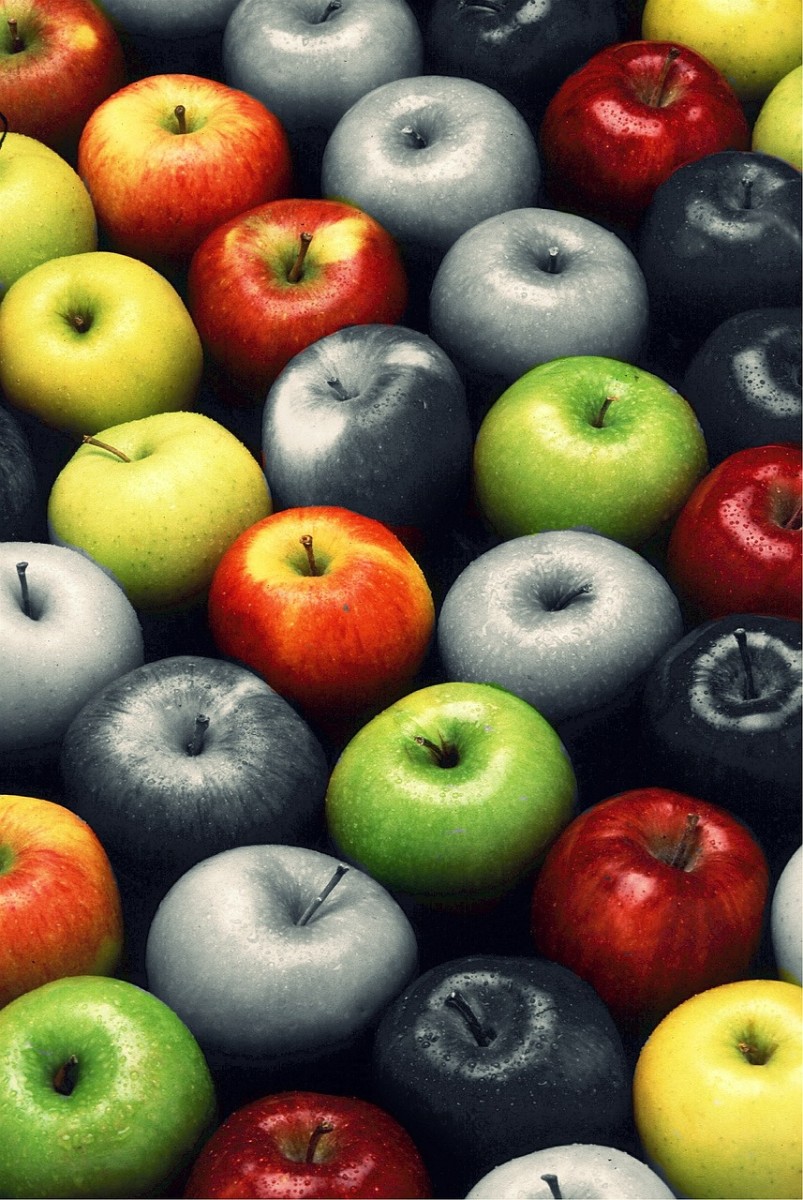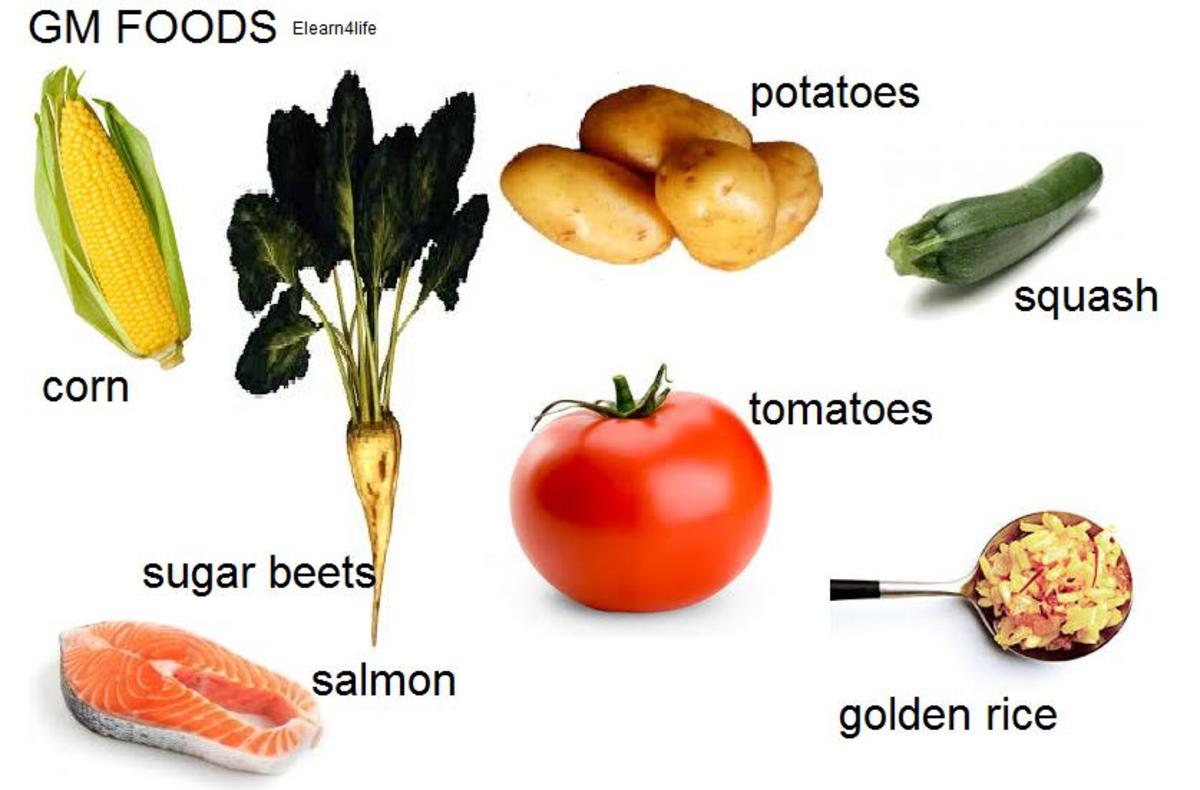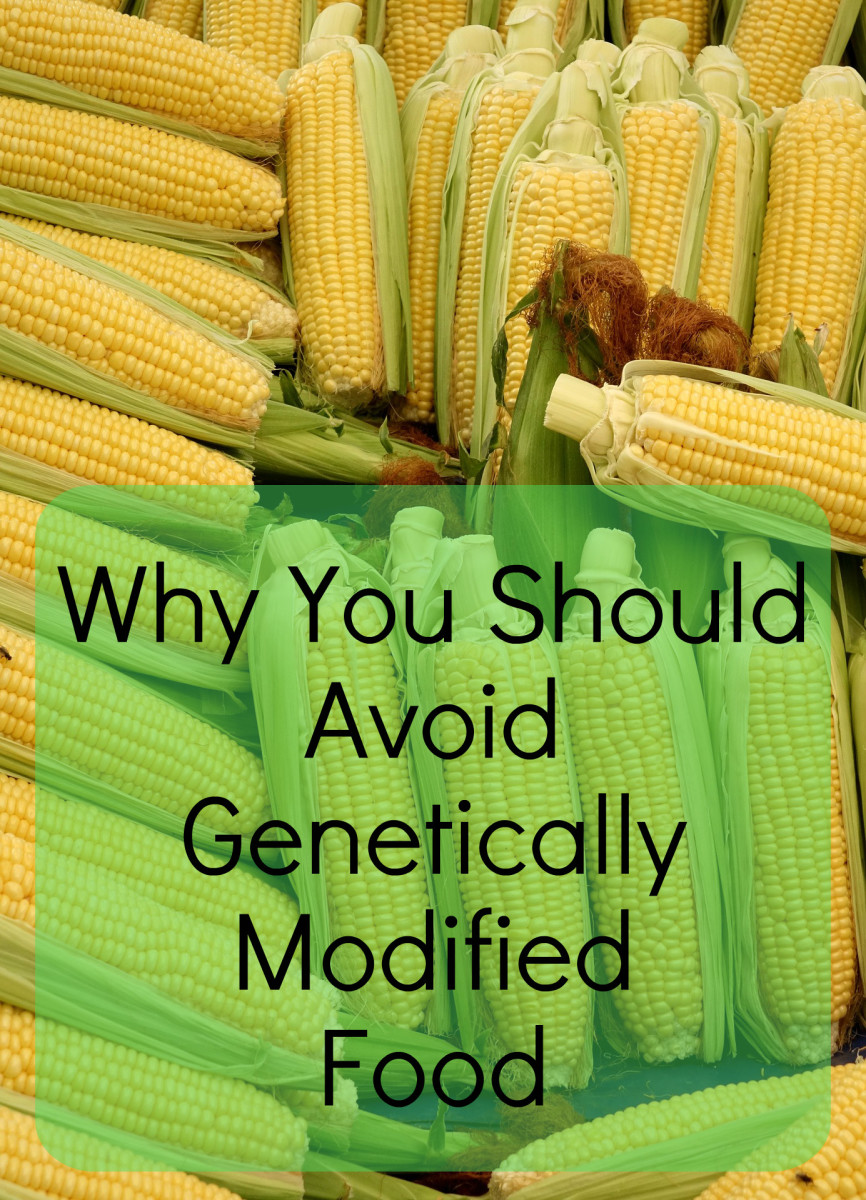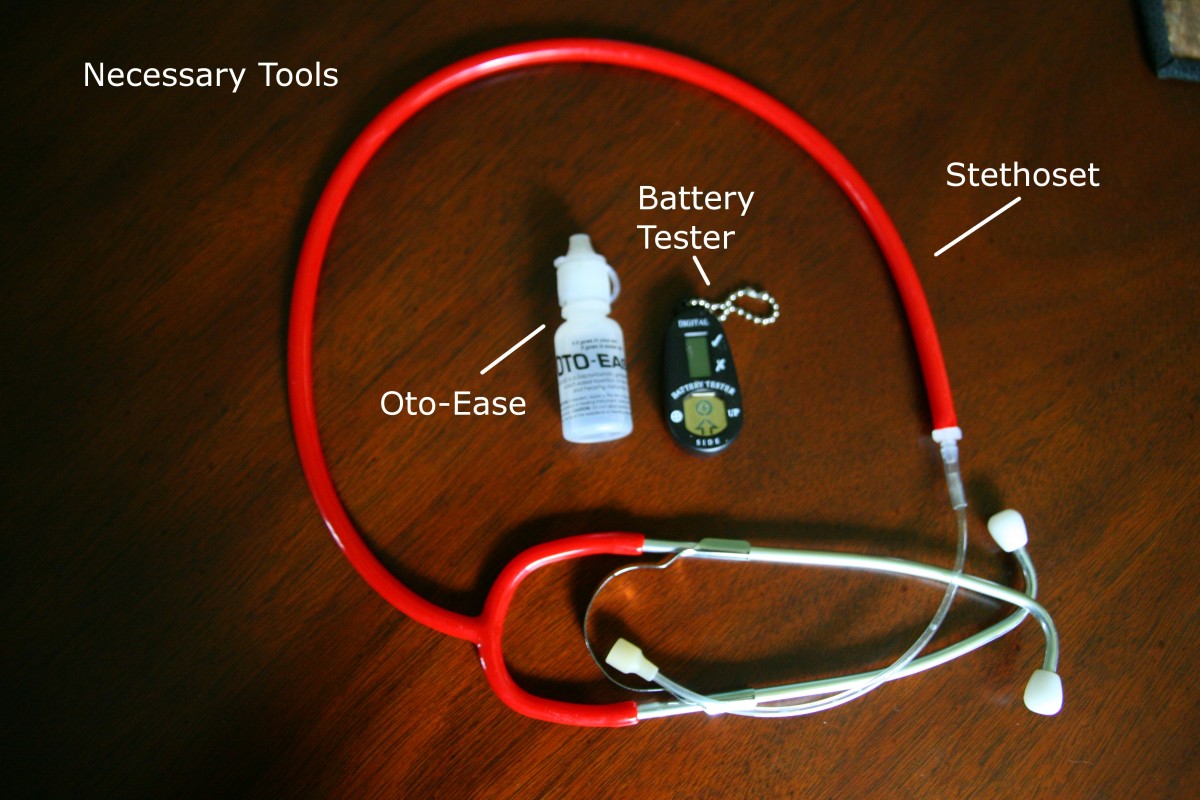Is Frankenfood Fit for Kids?
Many generations ago, humans learned to put a plow to the soil and cultivate crops. It didn't take long for them to notice that plants change, slightly, with each planting, and the idea that maybe we, as humans, could try to gently coerce nature to adapt those seeds and plants to suit our own needs was born.
Proponents of genetically modified organisms argue that mankind has been hybridizing plants for generations. We've carefully cross-pollinated, spliced, splinted and otherwise attempted to get the best possible results. These attempts have led to hardier crops, tastier grapes for wine, apples that keep longer in storage, and high gluten wheat. (Those with Celiac might argue the value of that last one, but I digress) At some point in time, a scientifically minded farmer simply set his sights a little higher; fantasized about a more direct way to cross gene pools and even species, and somewhere...the plan to improve crops left the greenhouse and entered a laboratory.
There are ideals. Ideally; GMO crops would lead to a reduced need for pesticides. Ideally, there would be fewer herbicides. Ideally GMO would improve yield, and make it easier to feed the hungry. Ideally, GMO would lower the risk of early frost or less than ideal growing conditions, eliminating the uncertainty of climate and weather when it comes to a farmer's planned crop.
There's nothing wrong with those ideals. But then they began to become reality and the public said "Wait." Genetic Modification of a plant involves isolating DNA of one plant species and removing genes that are known to have a property desired in another plant. Those genes are then spliced into the DNA of the desired plant, hopefully with the desired results. Organic proponents have dubbed the resulting crops "frankenfood" in reference to the patchwork monster created by the hapless protagonist of Mary Shelley's famed novel.
Genetically Modified Organisms now are present in many of our daily foods. These include bread, cereals, snack bars, cookies...any processed foods are at risk unless they are certified gmo free. Even babyfoods could contain GMOs. The only labeling required is...well; it's more like it isn't.
Most biotech companies will tell you that GMO is safe. That they are exempt from testing because the food is real food. Natural. Common place. Since it's recognized as a normal food, it doesn't need to be tested or verified any more than light brown sugar does. And they've been in our foods since 1996.
The most commonly GM foods in America are:
- Sugar Beets (In 2010, approximately 95% of the US crop)
- Soy (In 2011, Approximately 94% of the US crop)
- Corn (In 2011; approximately 88% of the US crop)
- Canola (Approximately 90% of the US crop)
Most of these foods end up in processed foods. Sugar beets are grown to be processed into sugar, soy turns into oil and soy lecithin, corn is in a myriad of products, and canola is used as an inexpensive cooking oil.
Are They Safe For Kids?
Like it or not, without labels, your kids likely eat quite a few products that contain Genetically Modified Organisms. Genetically modified soy shows up in many crackers, cereals, and snack bar products marketed to kids. So does GM corn, and canola. Chicken nuggets, frozen pizza, macaroni and cheese and other childhood staples are filled with potentially GM ingredients.
One would think that before feeding foods garnered through a relatively novel approach to plant modification to children, these new plants would have to be thoroughly studied for their safety. However, the FDA states that foods that are "substantially equivalent" to established foods (so far as their nutritional make up and essential composition...IE; it looks like an apple and has similar taste, texture and vitamin content) then it can be considered as safe as any comparable food. Which means that as long as genetically modified organisms grow into recognizable plants bearing familiar fruits, the testing necessary for approval is less than one might think.
Despite the similarity of Genetically engineered crops to their conventional counterparts, the American Academy of Environmental Health has concerns about the potential health effects of GMO on the immune system, reproductive health and the metabolic system.
What's more, the tests that are done have been run by the companies developing the product themselves. And many experts suggest that these studies may be misinterpreted. This study shows that GM corn may have potentially serious side effects on the detoxifying organs (liver, kidneys, etc).
There aren't any large scale studies involving the direct impact of GMO on children's health specifically. Even though children are more vulnerable, due to their still forming brains and growing bodies, to the affects of any potentially toxic agent than full grown adults, GM foods have slipped right under the radar and into their cereal bowls. The real answers will come from hind sight.
Robyn Obrien founded AllergyKids, an organization which examines a multitude of potential threats to children's health, including GMO's.
What About Those Ideals?
Proponents say that the crops seem safe enough, and the ideals outweigh any questions. After all, we are leaving this planet to our children. Don't we owe them a way to feed themselves, and the masses? Proponents believe that GMO are the way to do that.
But are they?
- Reduced pesticide and herbicide use: According to The Cornucopie Institute, GM crops have led to the increase of pesticide use...about 318 million pounds more per year between 1996 and 2008 than would have been used in conventionally raised crops.
- Improved Yield: According to the Union of Concerned Scientists; as of 2009 GE crops did not have a significant increase in yield over conventional crops.
- Feed the World: Well, the previous bullet point might hint that GE foods aren't feeding the world. But it's also worth pointing out that in places where hunger is most prevalent, lack of food sources aren't generally the sole problem. Politics, economics and power play a much larger part in world hunger than most of us would like to admit.
And the questions surrounding safety still remain. If the product isn't overtly beneficial to your child, it isn't showing significant benefit to the environment, and the public expresses concern about safety...while studies still lack convincing substance...one has to wonder whether these foods are really fit for kids to eat. At the very least, it seems practical to label them for savvy consumers.
Answer the Question! Are GMO's Safe For Kids?
I wish I could give you a straight answer. But the fact is, there are no direct studies done to measure the safety of genetically modified foods for kids specifically. The real question is whether or not you feel genetically modified foods are safe for your kids. Do you feel that the benefits outweigh the risks?
There is one other point to ponder. Whether you feel genetically altered foods are safe for your children to consume or not, there are no labeling requirements. What that means, in a nutshell, is that the only way you can keep them out of your child's diet is to limit your purchases to certified gmo free and organic products. If you want the choice to choose between GMO and GMO free products, you can join the "Just Label It" campaign; whether you are avoiding GMOs or not.








